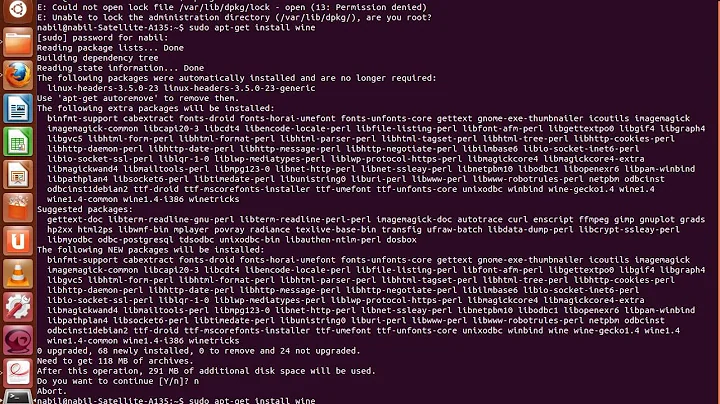Is there a difference between sudo su - root and sudo -u root -H /bin/bash?
Solution 1
su - # causes the user to run a login shell aka bash --login
# the same as if the user had logged in as the root from the login prompt
and sudo su - is the same as sudo su - root specifying root is redundant.
sudo -u root -H /bin/bash again the -u root is redundant, sudo runs as root by default but the -H /bin/bash is run as an sudoer, the env vars SUDO_USER, SUDO_UID and SUDO_COMMAND are set to the callers name/uid and bash respectively.
But in this case, bash is not run as a login shell.
Solution 2
Obviously, they can differ if root shell isn't /bin/bash - this is possible for tiny or embedded Linux environments, or traditional for BSD systems which prefer /bin/[t]csh for root user. Also, `su -' drops all environment except a few variables related to the terminal. sudo's behavior on environment is configurable (see env_reset in /etc/sudoers). So, be careful with details...
Related videos on Youtube
Vizard
Updated on September 18, 2022Comments
-
Vizard over 1 year
Like title says, is there a difference between these two commands :
sudo su - root sudo -u root -H /bin/bashI'm using GNU/Linux, if that makes a difference.
-
 Admin about 12 years
Admin about 12 yearssudo -H /bin/bashdoes run bash. The-Hoption doesn't take an argument. -
 Admin about 12 years-H just changes the $HOME to the target user's home directory. That's it. As the man page says, this might even be the default policy.
Admin about 12 years-H just changes the $HOME to the target user's home directory. That's it. As the man page says, this might even be the default policy.




